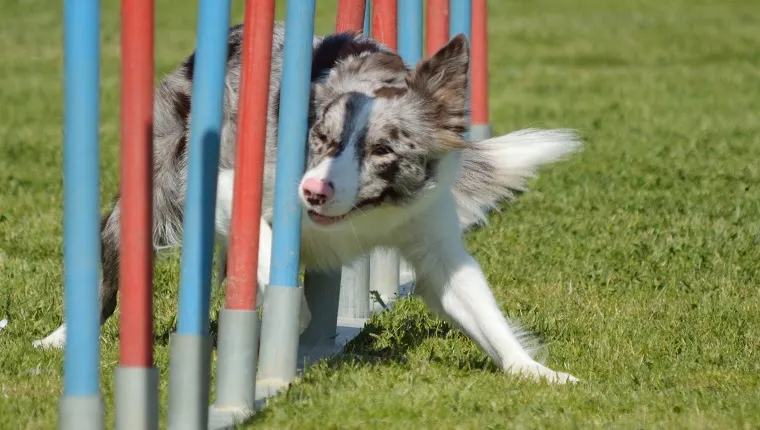Sinus bradycardia in dogs is an unusually low heart rate caused by impulses in the sinus node firing slower than normal. The sinus node is responsible for electrical impulses in the heart that cause it to beat or contract.
This is most often a harmless or beneficial condition, and it’s often present in athletic dogs, especially those who undergo athletic training. However, it can be dangerous when it results from a serious underlying medical condition, and it can even cause a loss of consciousness.
If you see the symptoms in your dog, you must consult your veterinarian so they can determine if it’s benign or if there’s a dangerous underlying cause. Here’s what you should know about sinus bradycardia in dogs.
Symptoms Of Sinus Bradycardia In Dogs

Sinus bradycardia is characterized by an abnormally low resting heart rate, though dogs’ normal heart rates can vary depending on age and size.
The condition may be an issue when:
- Puppies have a heart rate lower than 160 beats per minute
- Large adult dogs have a heart rate lower than 60 beats per minute
- Small adult dogs have a heart rate lower than 100 beats per minute
Your vet will be able to help you figure out if your dog’s heart rate is abnormally low.
Symptoms may not be present at all if the condition is benign, especially in athletic dogs. However, symptoms may appear if there is an underlying cause.
Some common symptoms of sinus bradycardia include the following:
- Lethargy
- Getting too exhausted during exercise
- Slow breathing
- Loss of muscle coordination
- Seizures
- Fainting
Causes Of Sinus Bradycardia In Dogs

There are several possible causes of sinus bradycardia in dogs. The condition is usually harmless when the cause is athletic training, and it can even be beneficial, as the heart doesn’t have to work as hard to pump oxygen-filled blood throughout the body during exercise. Other causes may be more harmful.
Here are a few possible causes of sinus bradycardia in dogs:
- Hypothermia
- Intubation during medical procedures
- Being overly sedated
- Hypothyroidism
- Hypocalcemia
- Pericarditis
- Hypomagnesemia
- Other neurological, respiratory, or gastrointestinal diseases
Sinus bradycardia is also more likely to appear in certain dog breeds. Cocker Spaniels, Dachshunds, Miniature Schnauzers, Pugs, and West Highland White Terriers all are more likely to have it.
Young dogs are also more likely to have the condition with the likelihood decreasing with age unless there’s an underlying cause.
Treatments For Sinus Bradycardia In Dogs

The treatment for sinus bradycardia in dogs depends on the cause. If no cause is found and a dog is otherwise healthy, no treatment may be needed, and the dog may just need to be monitored for any changes. Otherwise, a vet will provide treatment as needed.
If a dog’s heart rate falls critically low, they may need hospitalization and intravenous fluids. Should the sinus bradycardia be a symptom of a serious condition, the dog’s exercise will likely need restriction, and a vet will use medical or surgical treatments to address the problem.









